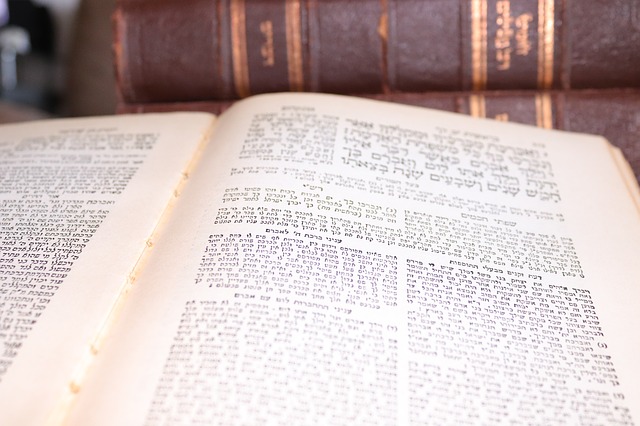Overview: The ancient concept of law and its oral component, internal gaps in the Written Torah left for the Oral Law, hints to extrabiblical laws
Category: The Oral Law
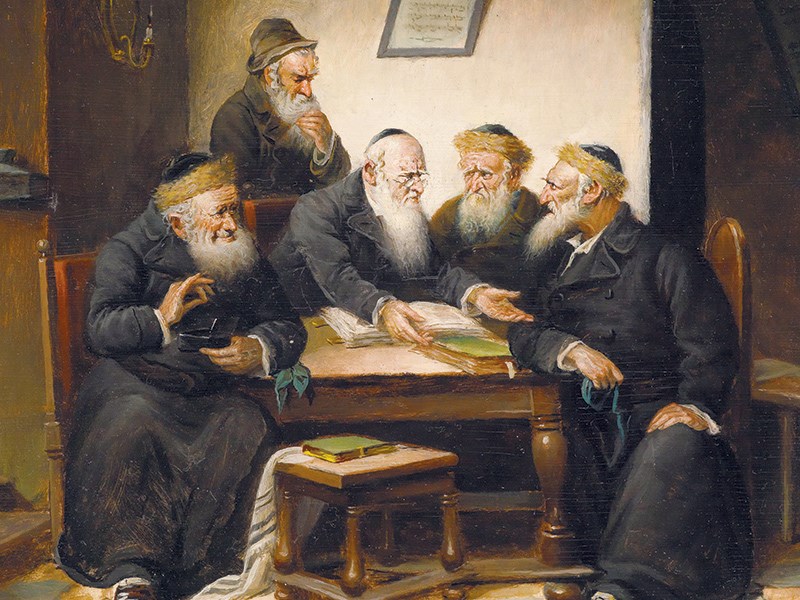
Overview: There’s a common misconception that turns the rabbis into supermen who can never make a mistake in science or Halacha. This article will bring

Overview: The dispute between Rashi and Rabeinu Tam regarding the order of the Tefillin. How can there be arguments on commandments from Sinai. Giving a

Overview: Narrowing down the various ‘yeridas hadoros’ misconceptions to the few possibilities of its true meaning, from a rational and empirical perspective with rabbinic texts
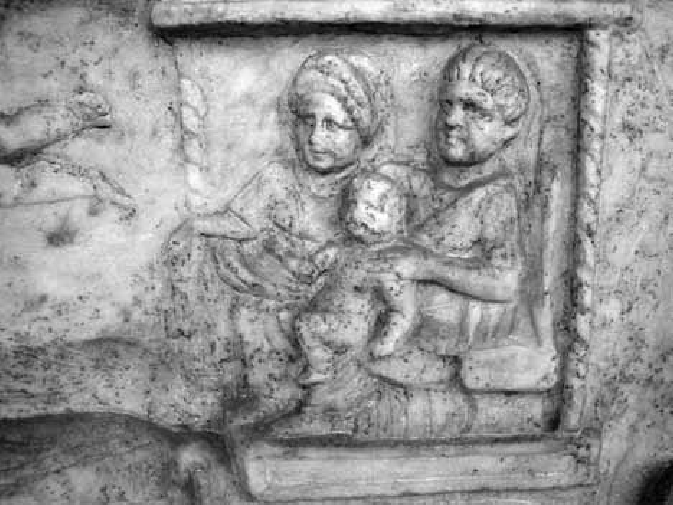
Overview: Patrilineality in biblical times, Ezra’s reforms, the reasons why later rabbis changed the status quo, and the fringe rabbinic views eventually blurred out. This

Overview: The evidence for late Zohar authorship, Moshe DeLeon as the prime candidate, responses to the issues raised, and why it’s all irrelevant to the
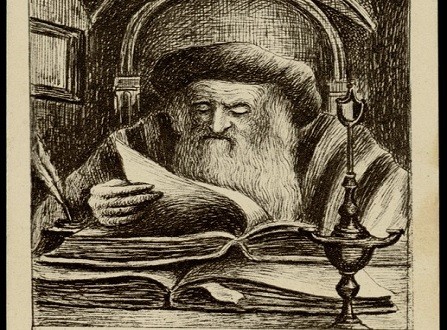
Overview: The Orthodox obsession with Rashi, the rabbis who criticized his approach, his unwavering commitment to Midrash, and the overall approach of Rashi in his

Overview: A rational approach to the supernatural elements mentioned in the Talmud, including the “Evil Eye,” the existence of demons, and alleged superstitions, and whether

Overview: In this article we explain how the Oral Law and rabbinic enactments are not in violation of the prohibition of “adding to the Torah”

Overview: Exploring the authority of the rabbis and Halacha from a rational perspective. Addressing civil law, religious law, making Torah Law practical, and why the

Overview: In this article we address the issues with the traditional understanding of the rabbinic derivation tools, midot shehatorah nidreshet bahen in Heb., and present

Overview: Explaining why the Talmud often interprets biblical verses extremely wildly and far-fetched, taken totally out of their context or simple meaning. We will now

Overview: In addition to the previous two aspects of the Oral Law, this third category are the laws that are purely of rabbinic origin. They

Overview: In addition to laws that were transmitted orally to the sages at Sinai, other parts of the Oral Law include parts that were derived

As described in “An Oral Law at Sinai,” it seems rather clear that at least some oral laws accompanied the Written Torah text given by

We have concluded the likelihood of an Oral Law that accompanied the Written Law. Yet there remains the obvious question of why these laws weren’t

Overview: In what may be, in a sense, more evidence for rabbinic authority, here we bring Scriptural basis for the authority of a High Court

Overview: Debunking the Karaite view, here we bring internal evidence to combat the notion that Torah is up for “free interpretation,” that each man observe
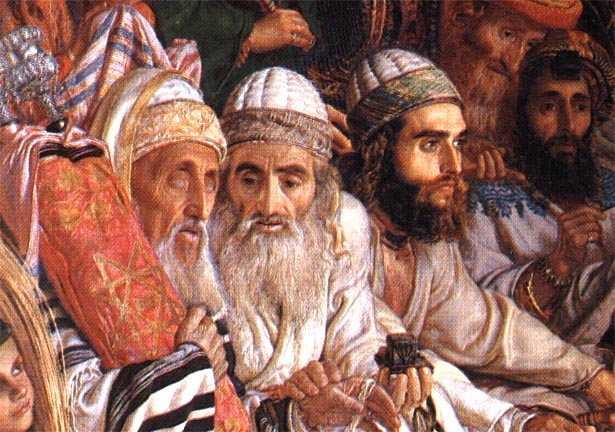
Counter to the traditional view of the Oral Law, this model supposes human innovation in the origins and development of the Oral Law. This doesn’t
